What is net zero and how can you help?

The term net zero is the world’s answer to stopping climate change. On the 29th of June 2019, the UK became the first major economy to pass laws to end our contribution to climate change and pledged to become net zero by 2050.
The term net zero refers to reducing emissions to their lowest amount through energy efficient measures and then using offsetting as a last resort to balance remaining hard to remove emissions. Energy efficiency measures include simple changes such as: double glazing, cavity wall insulation, and efficient light bulbs.
Net zero can also be understood as achieving a balance between carbon emitted into the atmosphere, and the carbon removed from it. By extension, net zero means driving down your personal emissions from your home and lifestyle to the lowest you can and then offset any remaining hard to remove emissions.
Net Zero Week 2nd -8th July 2022
Before you start reducing your personal emissions, why not check out the WWF Footprint calculator to check your environmental footprint?
The reason behind having net zero week is to introduce the concept worldwide and to encourage everyone to all make a change in their respective lifestyle. Achieving net zero can not be done by one person or one country, it must be done globally. o here are some starting points we’ve gathered for you.
What can you do for Net Zero week?
It may be overwhelming to think about what you can do to contribute to a net zero environment. In truth, it is simple! Here is a list of actions that you can challenge yourself to this week:
- Switch your regular transport to another alternative to reduce emissions. Can you cycle to town to meet your friends? Can you cycle to your grocery shop?
- Switch off your lights, electric, or gas appliances when not in use. Around one-fifth of the UK’s total carbon emissions come from our homes, with 40% coming from heating. Are you watching TV in your living room? Can you switch off the lights in your bedroom and your bathroom extractor fan?
- Could you open your windows for fresh air and breeze, instead of using an electric fan?
- Recycle humidifier water to water your plants.
- Fill up your car only half the tank to be more economical.
- Collect and recycle food waste. Have you got a food waste bin? The UK wastes £10bn a year on food waste. Food production is responsible for 25% of the world’s greenhouse gas emissions. If you don’t have one, have you thought about composting your household food waste?
- Wash your clothes at 30 degrees and avoid using the tumble dryer.
- Take a shorter shower and have fewer baths.
Simple lifestyle changes such as the above are doable without cost. However, if you would like to make your home net zero, you could:
- Efficient water management. Reduce your water consumption by replacing the shower head with a water efficient single spray showerhead, and a water-saving tap.
- Generate your own energy – such as having solar panels installed on your roofs, or wind turbines to be mounted on one of the poles standing around your house to generate electricity for your household use such as charging your electric vehicle.
- Have an efficient heating system running on low carbon fuel – To reach net zero carbon emissions target, we will need to reduce the carbon emissions from heating homes by 95% over the next 30 years. Visit the Energy Saving Trust website for tips about what you can do to lower your carbon emissions and save money on heat pumps, boilers, electric heating, solar water heating, heating controls, and more.
There are many more things you can do about turning your home net zero. Click here to learn more about other measures.
Why should you get involved in Net Zero Week?
The world is battling to keep the global temperature within 1.5 degrees. If we pass the 1.5 degree limit, the impacts of global warming could be irreversible and catastrophic. By achieving net zero, we would be able to keep the global temperature within the 1.5 degree mark.
Other than significant environmental benefits, achieving net zero by making your home energy-efficient will also help you save a lot of money every month and reduce your personal carbon emissions. Simple lifestyle changes could also help you save a lot of money in the long run, and help with your physical health.
If you don’t know where to start, why not start by switching your regular transport to another alternative, and travel actively to reduce your personal emissions?
COP26 identified that transport accounts for 30% of global carbon emissions, with 72% of its emissions coming from road transportation, and 80% from private cars. Active Travel can bring huge benefits to our communities, health, and environment.
If you would like to know how to become net zero with your travel, please contact us and we will be more than happy to help.
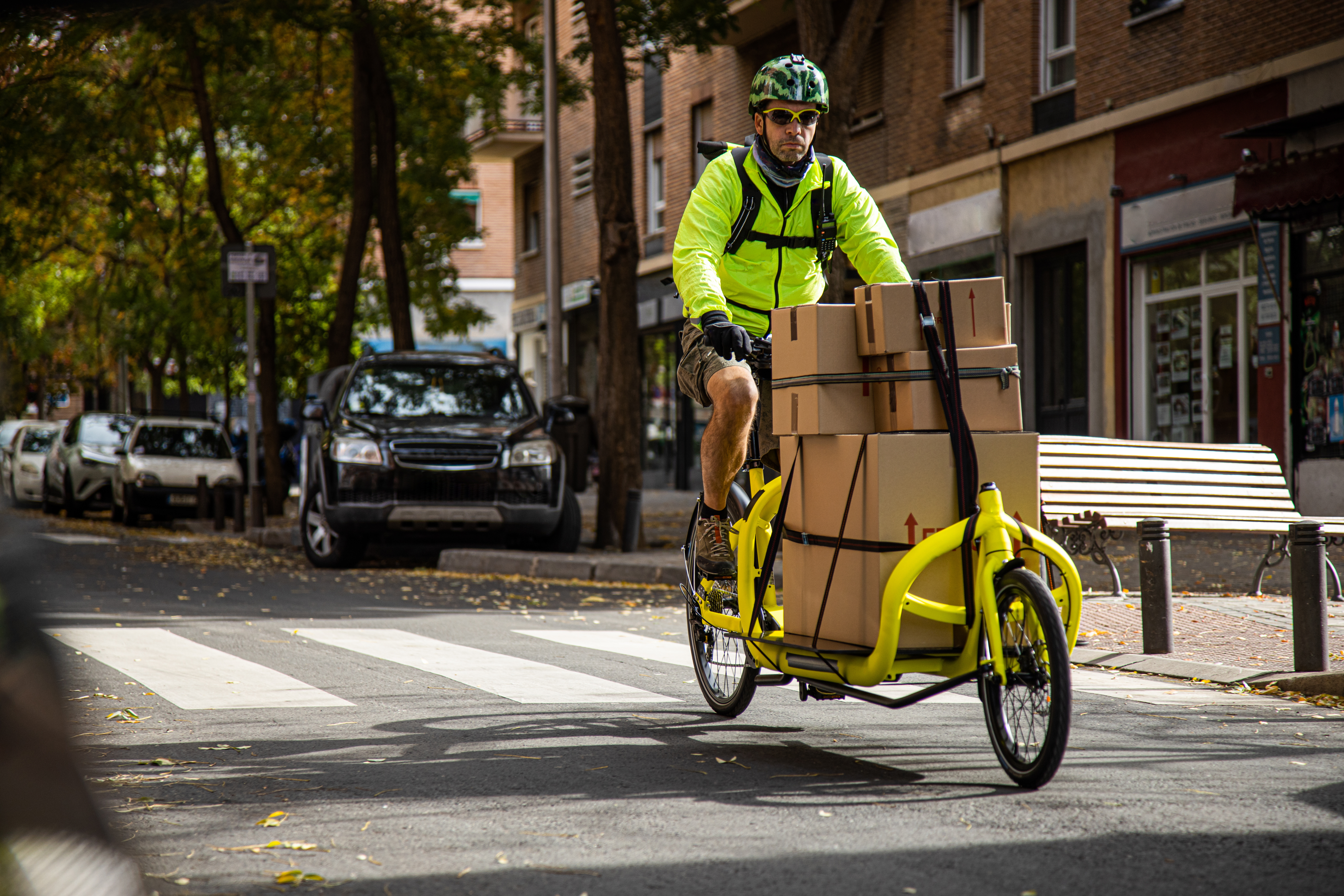
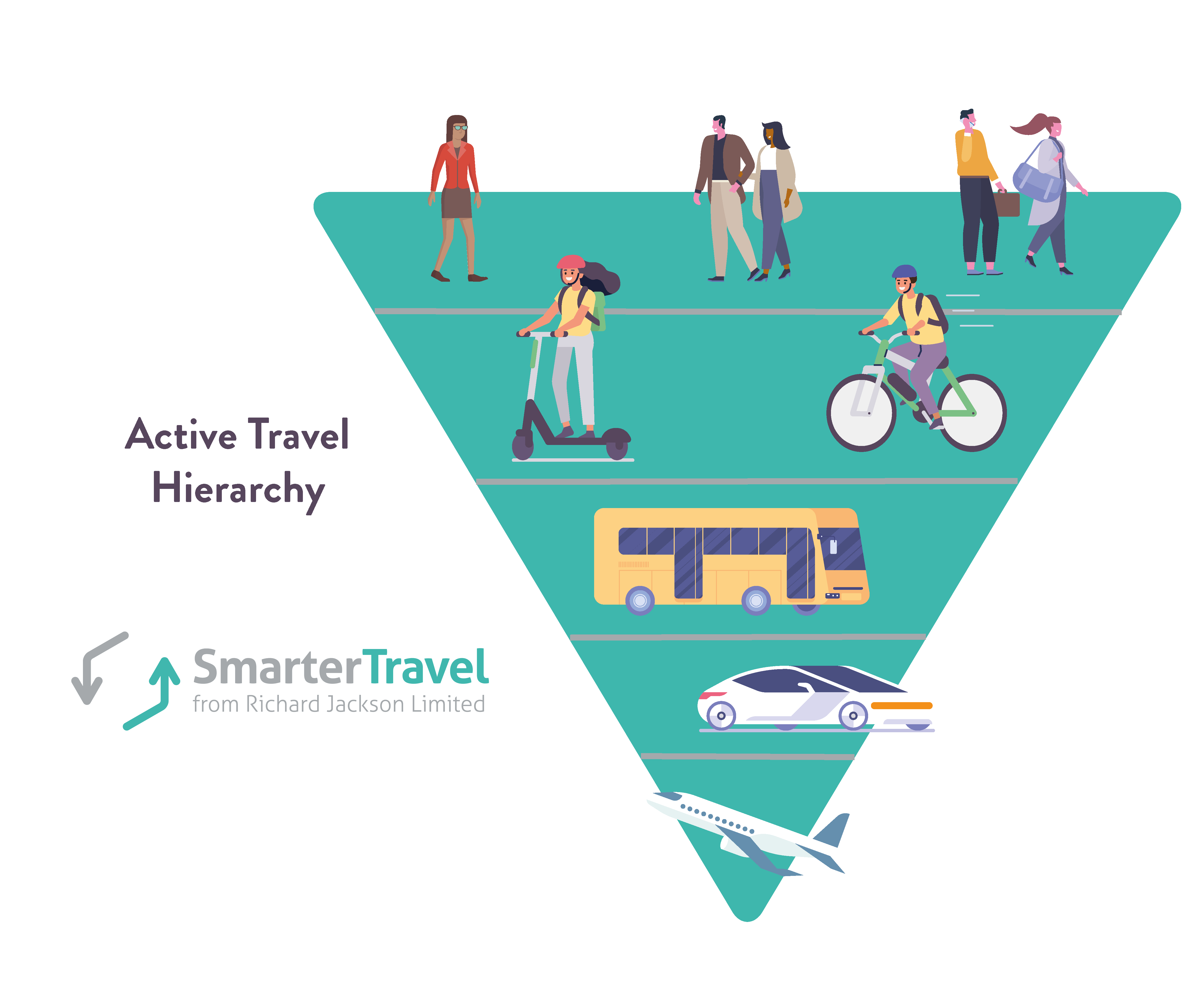

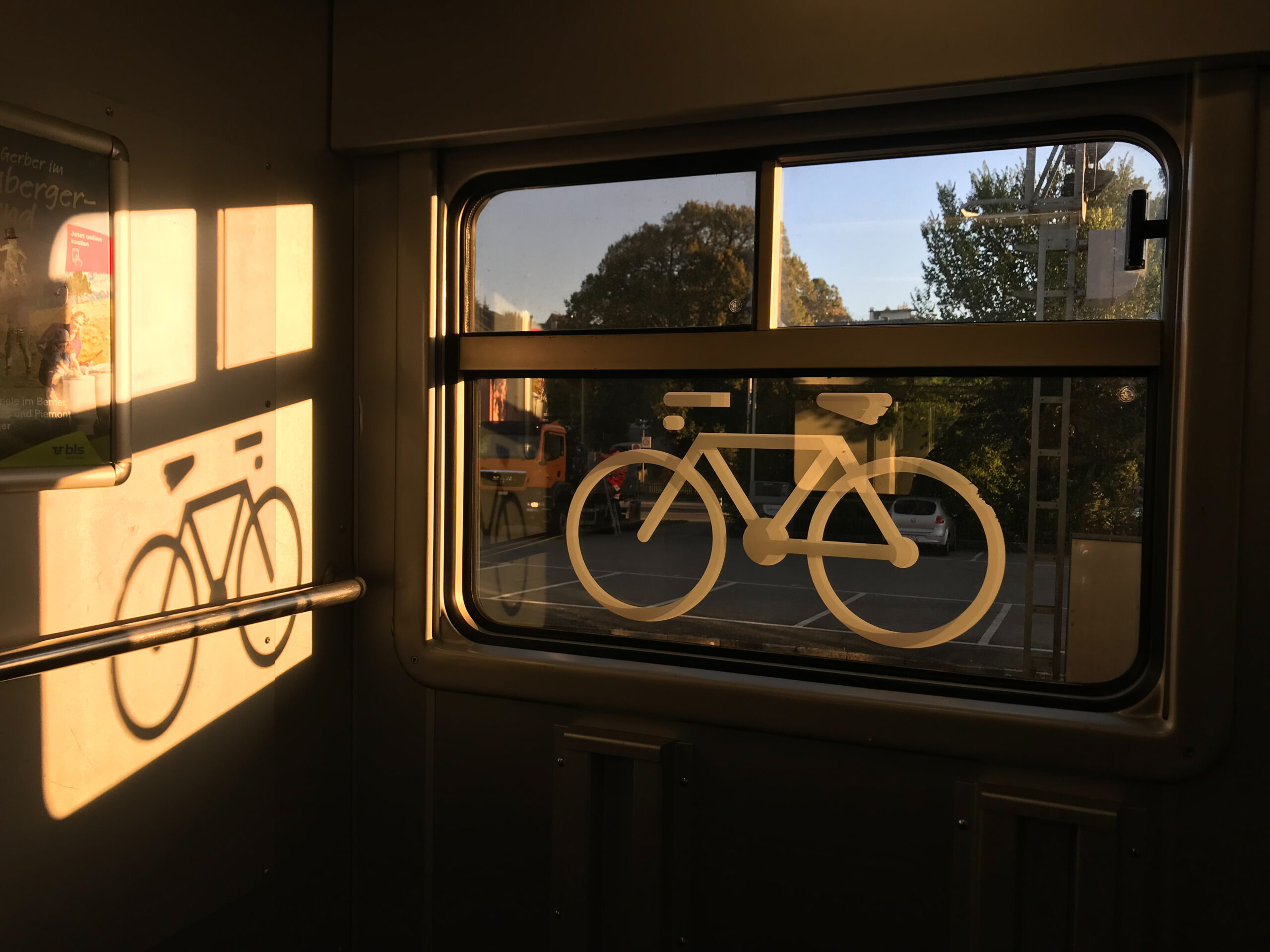
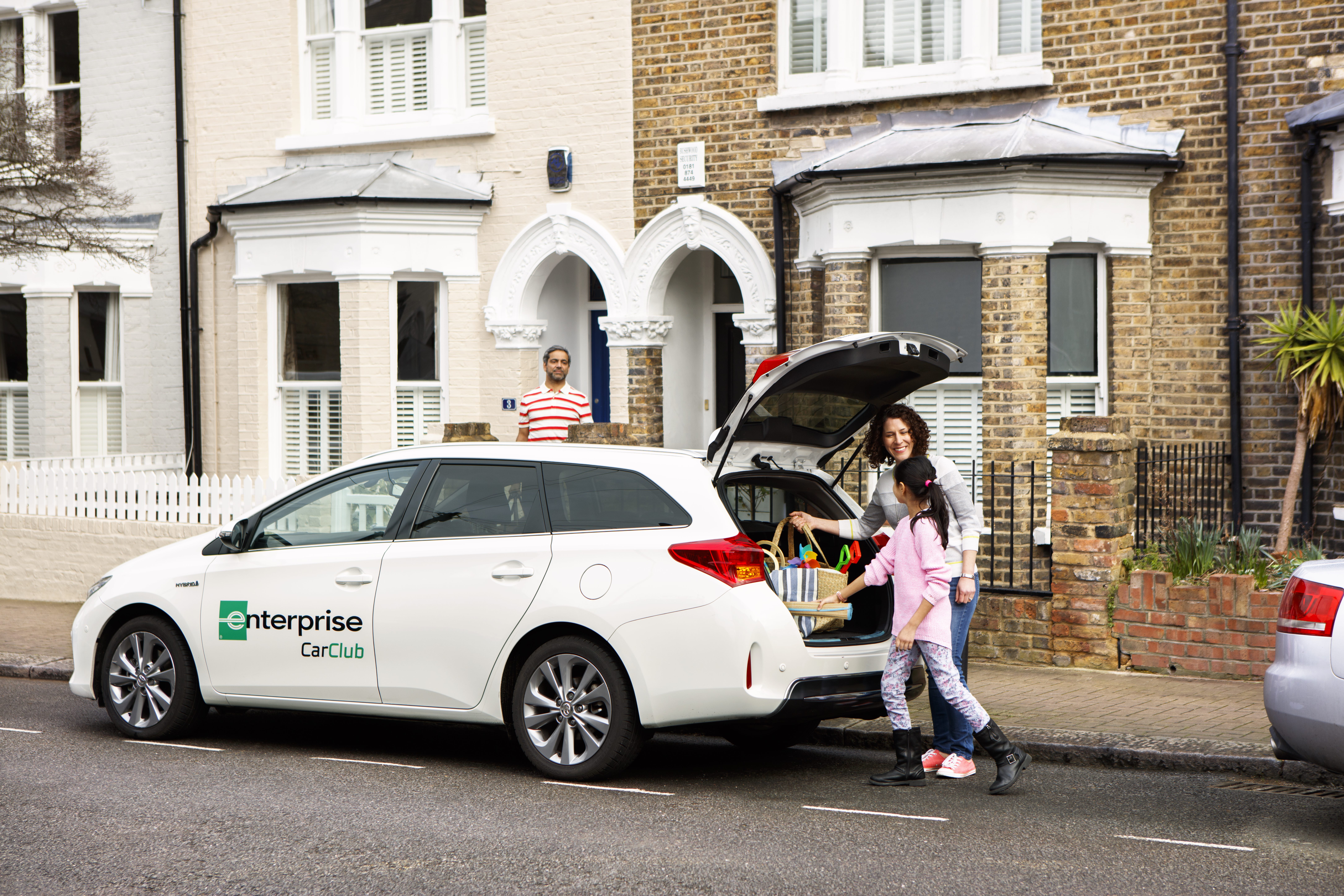
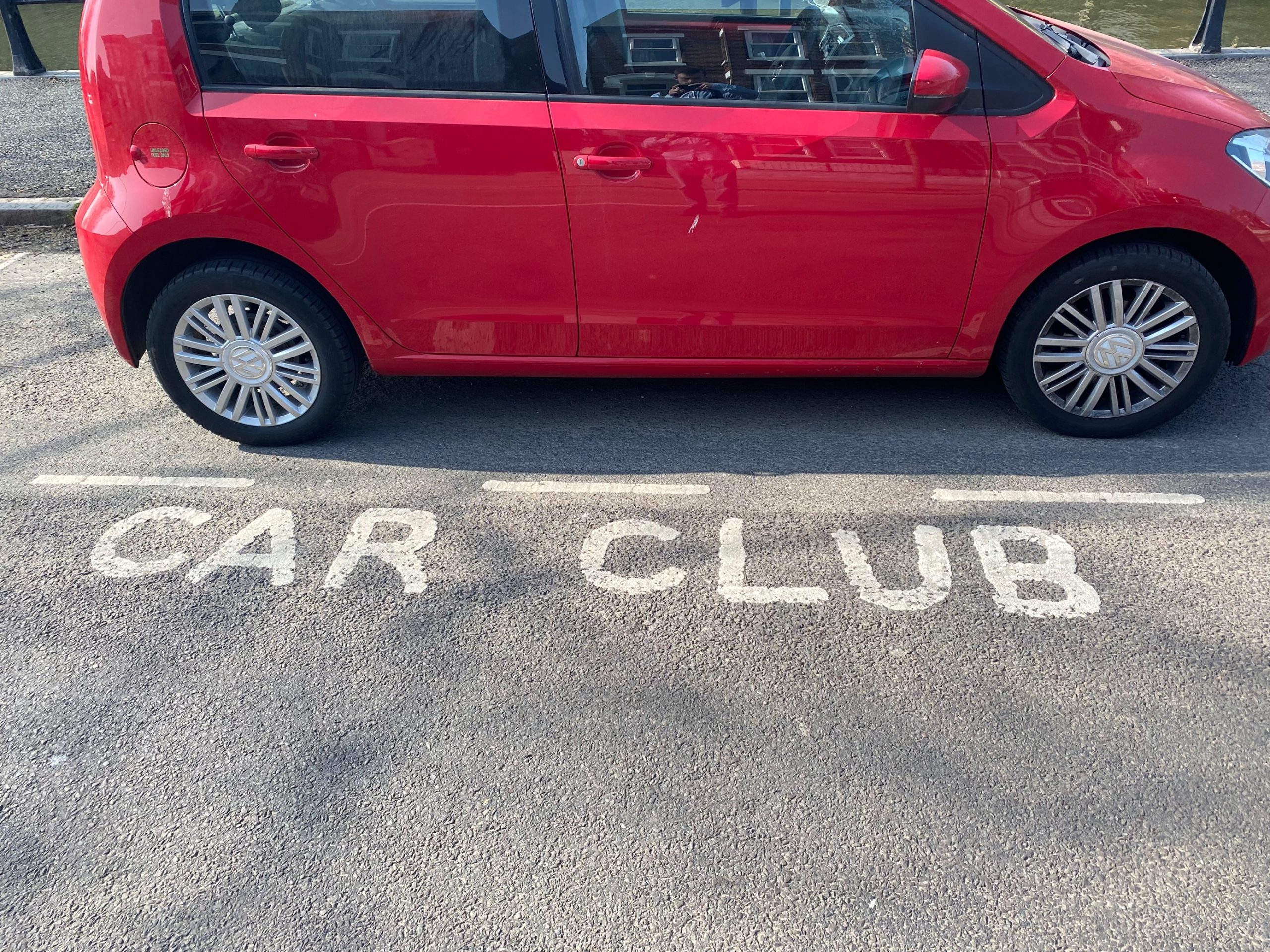


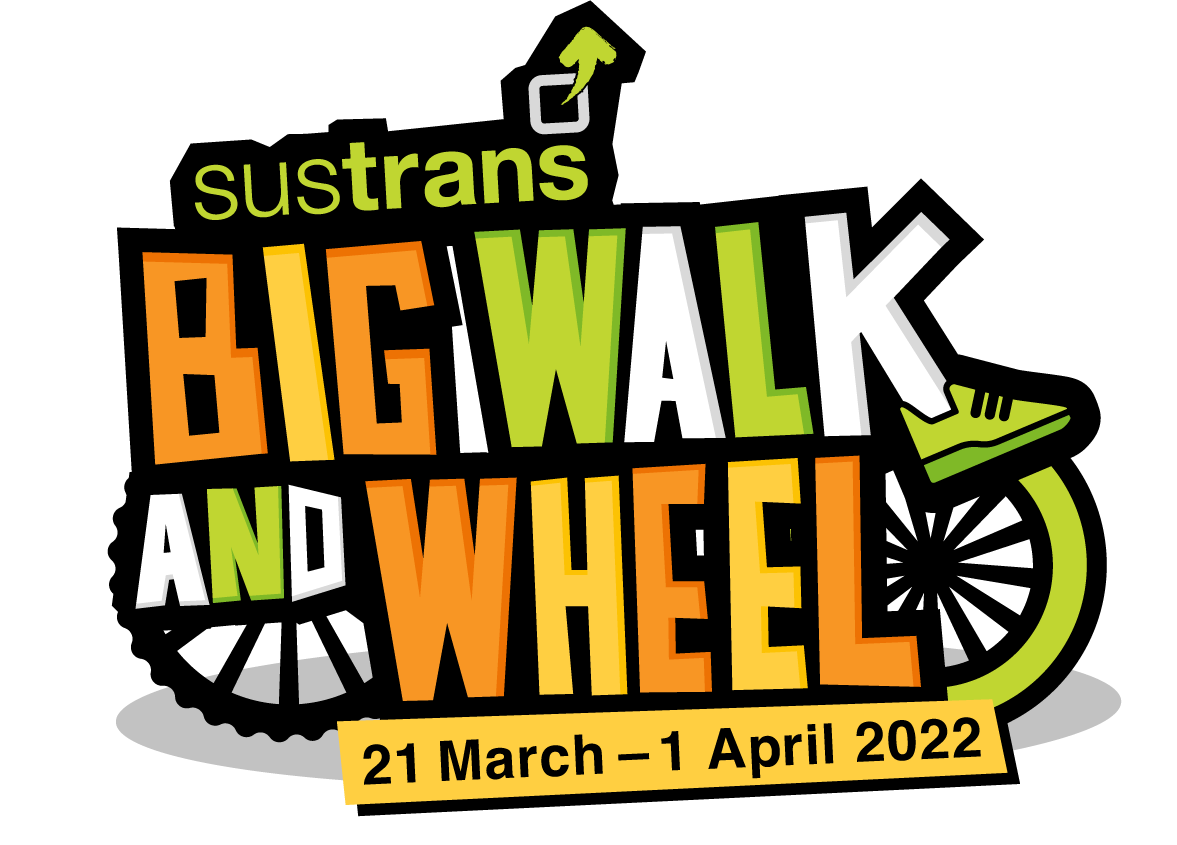

Related Posts